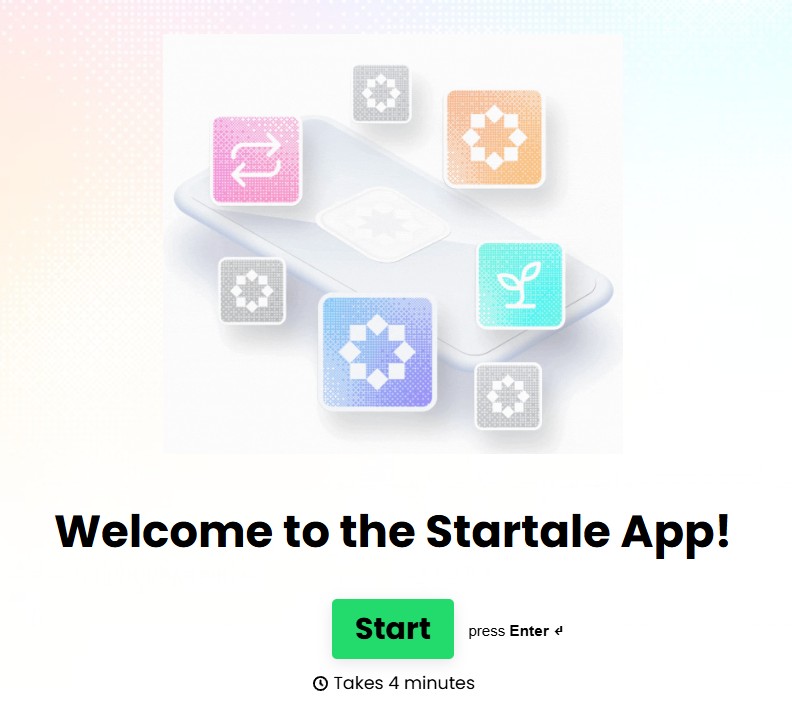Taiwan’s central bank to mull Bitcoin for strategic reserves
Taiwan’s government will complete an inventory by year-end detailing how much Bitcoin it currently holds through confiscations, Premier Cho Jung-tai said Tuesday during a finance committee.

The central bank will also deliver a formal assessment on whether Bitcoin should be considered as part of Taiwan’s national reserves.
The move comes as lawmakers press the government to clarify how seized crypto is handled and whether Taiwan should follow a growing global trend of treating Bitcoin as a strategic reserve.
Taiwan’s judiciary has confiscated large volumes of digital assets but lacks a supporting mechanism for managing them, said legislator Ko Ju-chun, pointing to the recent seizure of $146 million in illicit assets allegedly tied to Cambodia’s Prince Group.
Ko argued that the government should hold confiscated Bitcoin rather than immediately liquidate it, due to its long-term potential and the possibility of integrating it into national reserves. Cho agreed to a full review and pledged to disclose the amount of Bitcoin held by government agencies before the end of the year.
Central bank governor Yang Chin-long also faced questions over the institution’s stance on Bitcoin reserves. Ko criticized a March central bank report on Bitcoin, calling it outdated, and warned that Taiwan’s foreign exchange reserves are overly concentrated in US Treasuries and vulnerable to currency fluctuations.
Yang said the outlook to 2030 remains uncertain but agreed, along with the premier, to submit a year-end report presenting both the risks and potential benefits of adding Bitcoin to national holdings.
Sony gets in on the super app craze
Startale Group and Sony Block Solutions Labs have unveiled Startale App, a so-called “SuperApp” for the Soneium blockchain that links users to Ethereum’s wider DeFi ecosystem.
Built as a consumer layer for Soneium, the Startale App serves as a first-access portal for token generation events, ecosystem rewards and other applications running on Sony’s Ethereum layer-2 network.

Sony’s move is part of a broader trend as companies seek to consolidate wallets, payments, content, and loyalty systems into single platforms known as super apps —a model now spreading across Web3 and mainstream finance.
In Web3, KAIA blockchain and Japanese messaging app LINE announced their own super app project, while Coinbase in the US consolidated user activity into its Base app. Outside of crypto, companies like Walmart are building super apps to blend shopping with financial services and AI.
Soneium has over 11 million total addresses and had 1.8 million in daily transactions on Thursday, according to Blockscout’s explorer. It acts as the onchain layer for Sony, the Japanese electronics and gaming conglomerate.
China’s state investor predicts blockchain boom
China’s blockchain industry is expected to grow to more than 10 billion yuan (about $1.4 billion) by 2027, according to Wu Hai, chairman of the state-owned China Internet Investment Fund, cited by local media. The country’s blockchain market was measured at 5.81 billion yuan in 2024.
Speaking at the 2025 World Internet Conference on Sunday, Wu reportedly stated that the local market is moving toward deeper integration with the real economy, supported by state investment and increasing enterprise adoption.

In China, the number of blockchain company registrations and financing peaked between 2017 and 2019. However, the People’s Bank of China expanded its cryptocurrency crackdown in 2021 to trading and mining, effectively pushing local traders to backdoor channels while crypto businesses rushed offshore.
Beijing’s strategy prioritizes blockchain technology for industrial and financial infrastructure that does not depend on open cryptocurrency markets. The 14th Five-Year Plan, China’s highest-level industrial roadmap approved by its congress, explicitly highlights blockchain as a national strategic technology.
Wu added that as AI deployment accelerates across government, finance and industrial systems, demand for trusted data exchange, automated compliance, and interoperable platforms will grow. This makes room for blockchain to remain a priority in national policy planning, even as cryptocurrency remains restricted.
South Korea risks a fourth delay to crypto taxation

South Korea’s long-awaited plan to tax crypto personal income may face another delay after a new report warned that regulators have made almost no progress in addressing the legal and technical gaps that led to three previous postponements.
The Korea Capital Market Institute published an analysis by senior research fellow Kim Kap-lae, who argued that the government’s September income tax amendment proposal retained almost all of the unresolved issues that had derailed earlier attempts to introduce crypto taxation in 2022, 2023, and 2025. He wrote that enforcing a crypto tax system in 2027 could trigger widespread resistance from investors.
South Korea has 10.77 million users who have completed KYC verification on exchanges in the first half of 2025, which is approximately a fifth of the country’s population.
However, the country has yet to build a framework for taxing the many forms of crypto income that fall outside basic spot trading, Kim said. Income from lending, airdrops, mining and staking still lacks clear definitions, rules and reporting standards.
The report warns that these gaps could cause significant confusion because South Korea’s Supreme Court applies strict standards in tax cases.


Yohan Yun
Bitcoin to $1M ‘by 2029,’ CIA tips its hat to Bitcoin: Hodler’s Digest, April 27 – May 3
Bitwise says its “in house” prediction for Bitcoin is $1 million by 2029, deputy CIA director says Bitcoin “here to stay” — Hodler’s Digest
Read moreSuspicious arrest of crypto scam reporter, Japan’s pro-crypto PM: Asia Express
Global outcry as Cambodia arrests crypto scam investigator, Japan’s new Prime Minister supports crypto, and more: Asia Express.
Read moreWeb3 games shuttered, Axie Infinity founder warns more will ‘die’: Web3 Gamer


